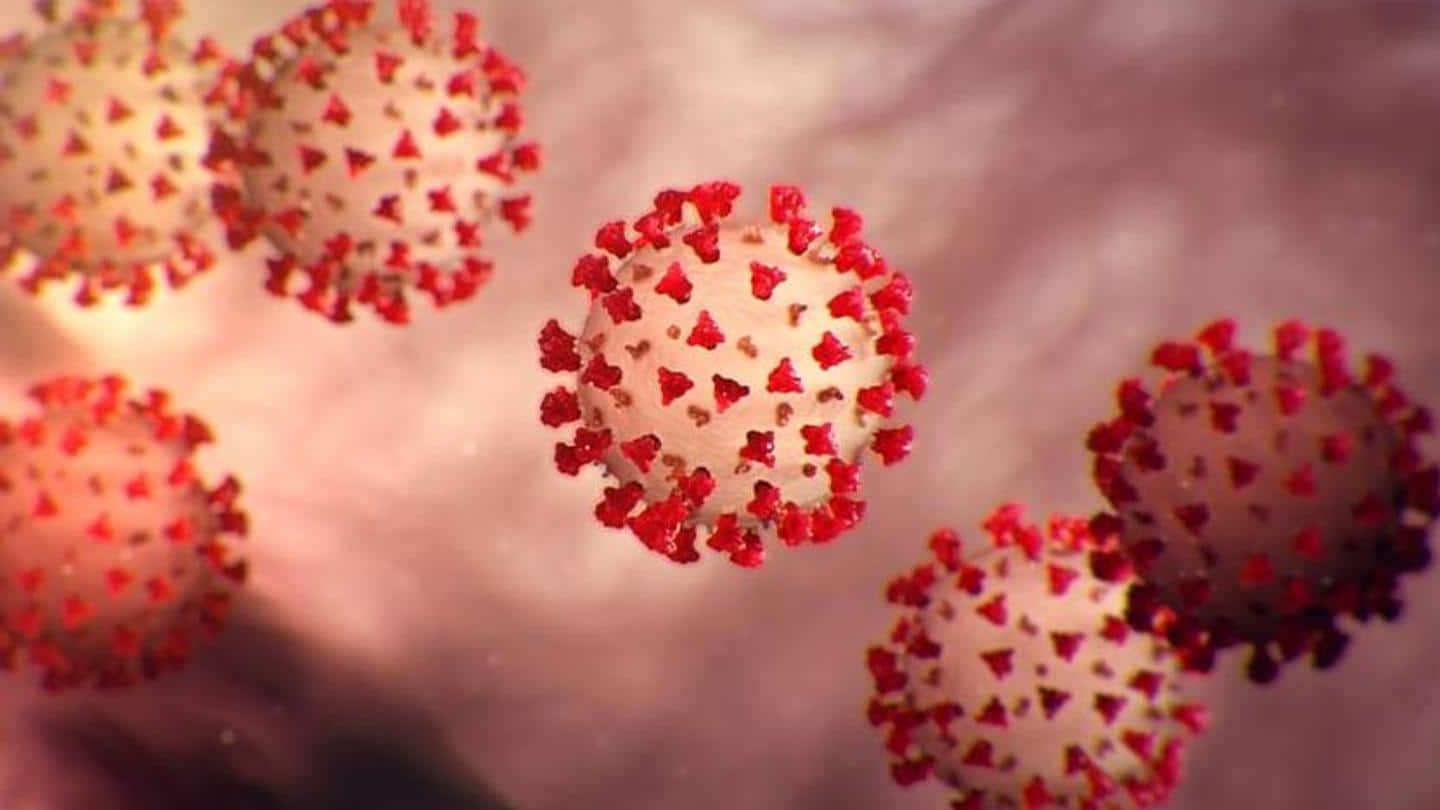
UK study shows COVID-19 infections have fallen significantly in England
What's the story
The interim findings of a new UK Government-backed study released on Thursday show that COVID-19 infections in England have "fallen significantly" since January, reflecting the impact of the strict lockdown measures.
The Imperial College London led Real-time Assessment of Community Transmission (REACT-1) research swab tested over 85,400 volunteers in England between February 4 and 13 to examine the infection levels in the general population.
Findings
Coronavirus levels still high with one in 200 testing positive
The study found that infections have dropped by two-thirds since lockdown began, with London showing an 80 percent fall.
"The findings show infections in England have fallen significantly since the last report in January," the latest report noted.
But the findings indicated coronavirus levels are still high, with one in 200 testing positive during that same period.
Signs
Encouraging signs of infections heading in right direction
"These findings show encouraging signs that infections are now heading in the right direction across the country, but we must not drop our guard," said UK Health Secretary Matt Hancock.
"Cases and hospital admissions remain high, over 20,000 COVID-19 patients are in hospital so it is vital we all remain vigilant and follow the rules as our vaccination roll-out continues at pace," he said.
Information
UK readying to gradually lift stringent lockdown restrictions
Hancock also reiterated the lockdown message of staying at home and maintaining social distance. The figures offer some hope for UK Prime Minister Boris Johnson, who is preparing to present a roadmap on Monday for gradually lifting stringent lockdown restrictions in place early last month.
Infection prevalence
Infection prevalence fell from 1.57 to 0.51 percent
Johnson has repeatedly warned that any unlocking will be "cautious" and has refrained from setting any firm dates for when specific sectors of the economy can reopen.
The main findings from the REACT study, ninth since the pandemic began last year alongside Ipsos MORI, show infection prevalence fell from 1.57 percent to 0.51 percent, or 51 per 10,000 infected.
Information
R number remains below one
The R number, or the rate at which the infection spreads, remains below one at around 0.72 and regional prevalence fell in all areas and across almost all age groups compared to the last report.
Infections
Lockdown measures have effectively brought down infections
"These encouraging results show that lockdown measures are effectively bringing infections down," Professor Paul Elliott, Director of the program at Imperial College London said.
"While the trends we've observed are good news, we need to all work to keep infections down by sticking to the measures which are designed to protect us and our health system," he said.
Measures
Important to continue following measures set out by the government
"The reduction in prevalence from our last REACT round is very welcome, particularly the very large reduction in London," said Kelly Beaver, Managing Director, Public Affairs, at Ipsos MORI.
"But it's important that we continue following all the measures that the government has set out so that we can continue to see further reductions, and make progress in beating the pandemic," she added.
Information
Over 15 million vulnerable categories have been vaccinated
With over 15 million vulnerable categories of people vaccinated, the government now wants to wait for additional data to confirm if being vaccinated stops someone from passing the virus on to others.
Report
The report is the latest from the REACT study
This report is the latest from the REACT study, which was commissioned by the Department of Health and Social Care (DHSC) and carried out by scientists, clinicians, and researchers at Imperial College London, Imperial College Healthcare NHS Trust, and Ipsos MORI.
Meanwhile, the coronavirus has claimed 119,159 lives in the UK, along with over four million confirmed cases, according to Johns Hopkins University.